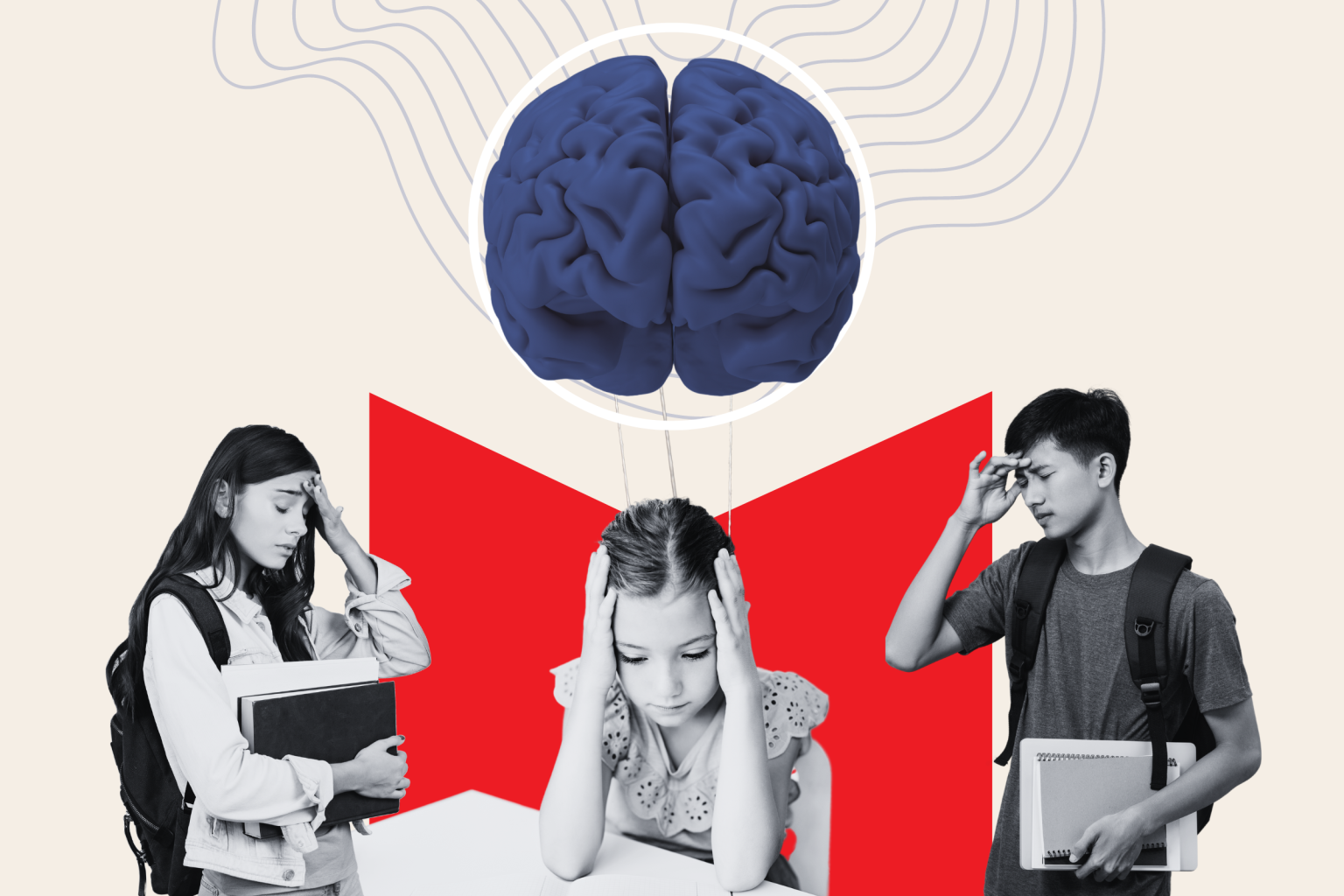Abstinence-only sex education programs in U.S. schools have been flagged as harmful to children by psychologists. Researchers have reviewed studies in a new book titled Investigating School Psychology to identify school practices that provide misleading or unscientific information to young people. They warn that many school programs, such as zero tolerance policies, lack scientific evidence and divert funds from evidence-based practices like comprehensive sex education that includes information on contraception. These practices ultimately fail to keep children safe and can have negative consequences, such as increased rates of teen pregnancies and births. Despite these findings, abstinence-only programs continue to receive support from the federal government and state policies.
In addition to abstinence-only sex education programs, other harmful practices present in U.S. schools include the use of infant simulator dolls and zero tolerance policies. Infant simulator dolls, despite being popular in classrooms, have not been shown to reduce teenage pregnancies. Zero tolerance policies, which mandate penalties for students who break school rules, can actually lead to increased misbehavior and do not improve academic achievement. Brain training apps, which claim to improve working memory, also do not provide long-term benefits, as highlighted by researchers in the book. In some cases, ineffective programs not only waste time and resources for educators and students but can also cause direct harm, such as with ‘Scared Straight’ programs that were found to increase the likelihood of reoffending among youth participants.
The book’s editors suggest that school psychologists protect themselves from believing in pseudoscience and engaging in dubious practices by approaching ideas with a critical lens and engaging in critical thinking. By scrutinizing school programs and interventions with a scientific and evidence-based approach, psychologists can ensure that they are providing young people with accurate and effective support. It is crucial for educators to prioritize evidence-based practices over programs that sound promising but lack scientific backing. Research has shown that some psychological practices commonly utilized in schools are not only ineffective but can also have negative consequences on students’ well-being.
While the book primarily focuses on studies conducted in the U.S., the issue of pseudoscientific practices in schools is a global concern that impacts children worldwide. By raising awareness about the risks of harmful psychological practices and advocating for evidence-based approaches, psychologists can better support the well-being and education of young people. Educators must remain vigilant in evaluating the effectiveness of school programs and interventions to ensure that they are providing accurate information and support to students. By promoting critical thinking and evidence-based practices in education, psychologists can help create a safer and more effective learning environment for children.







